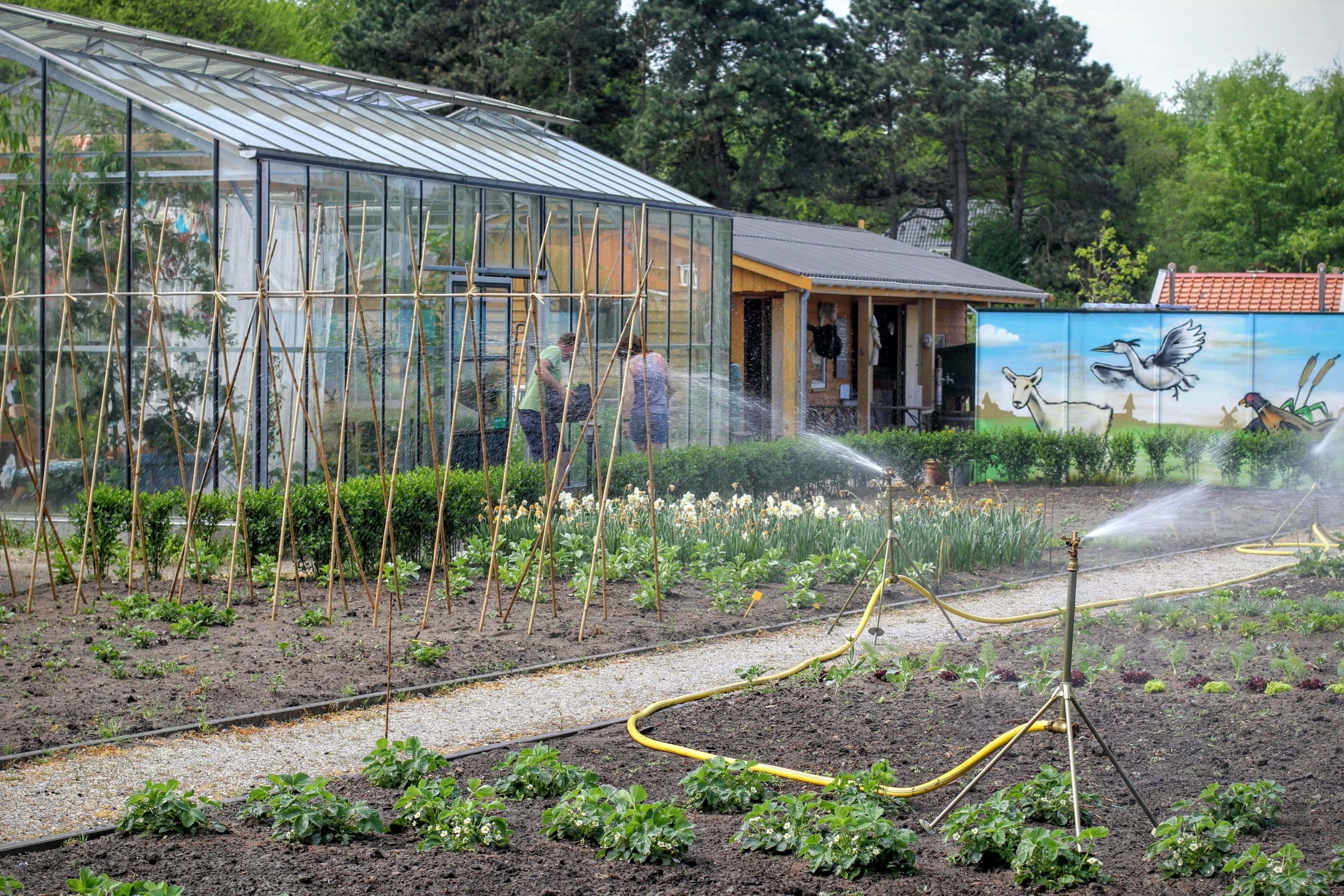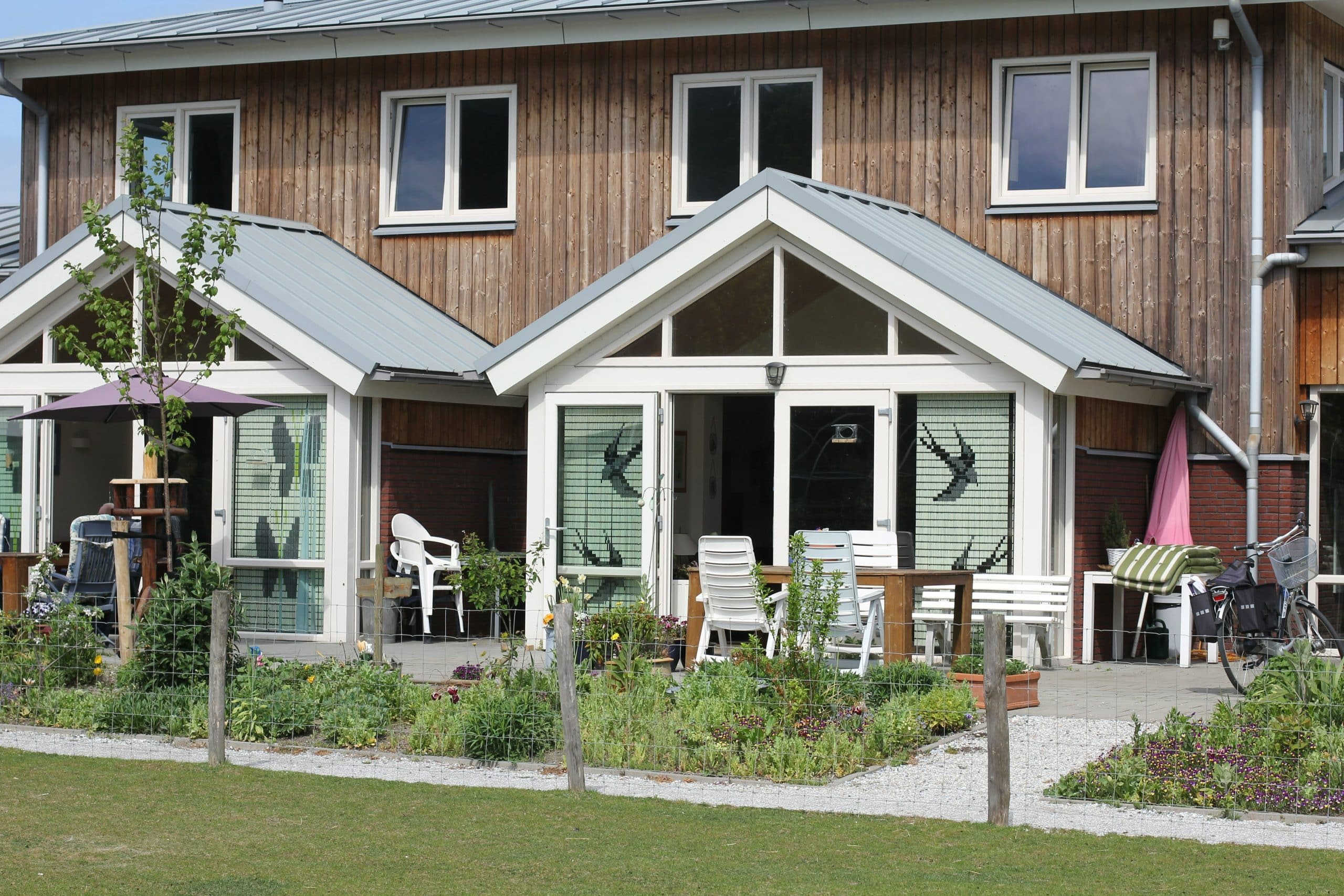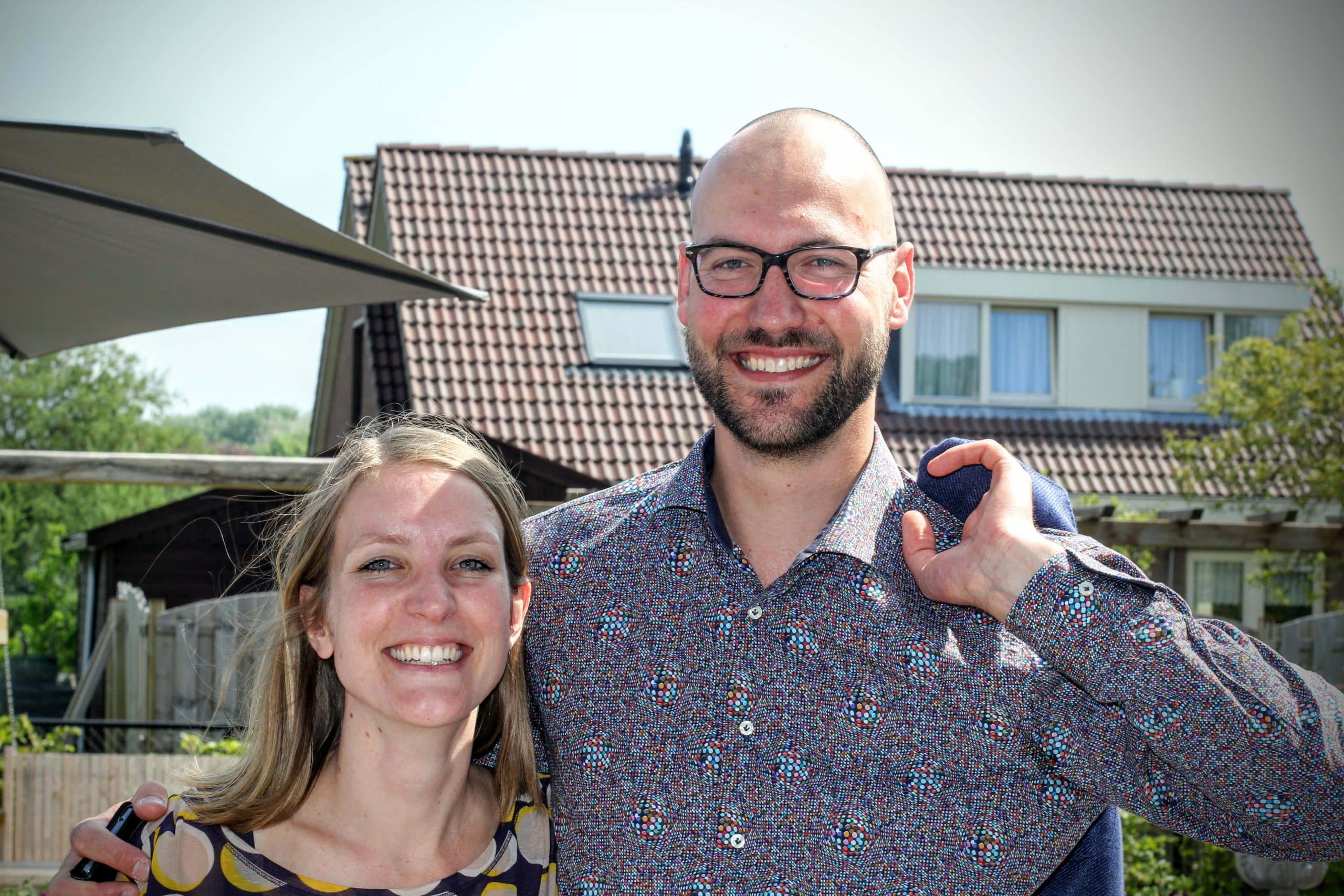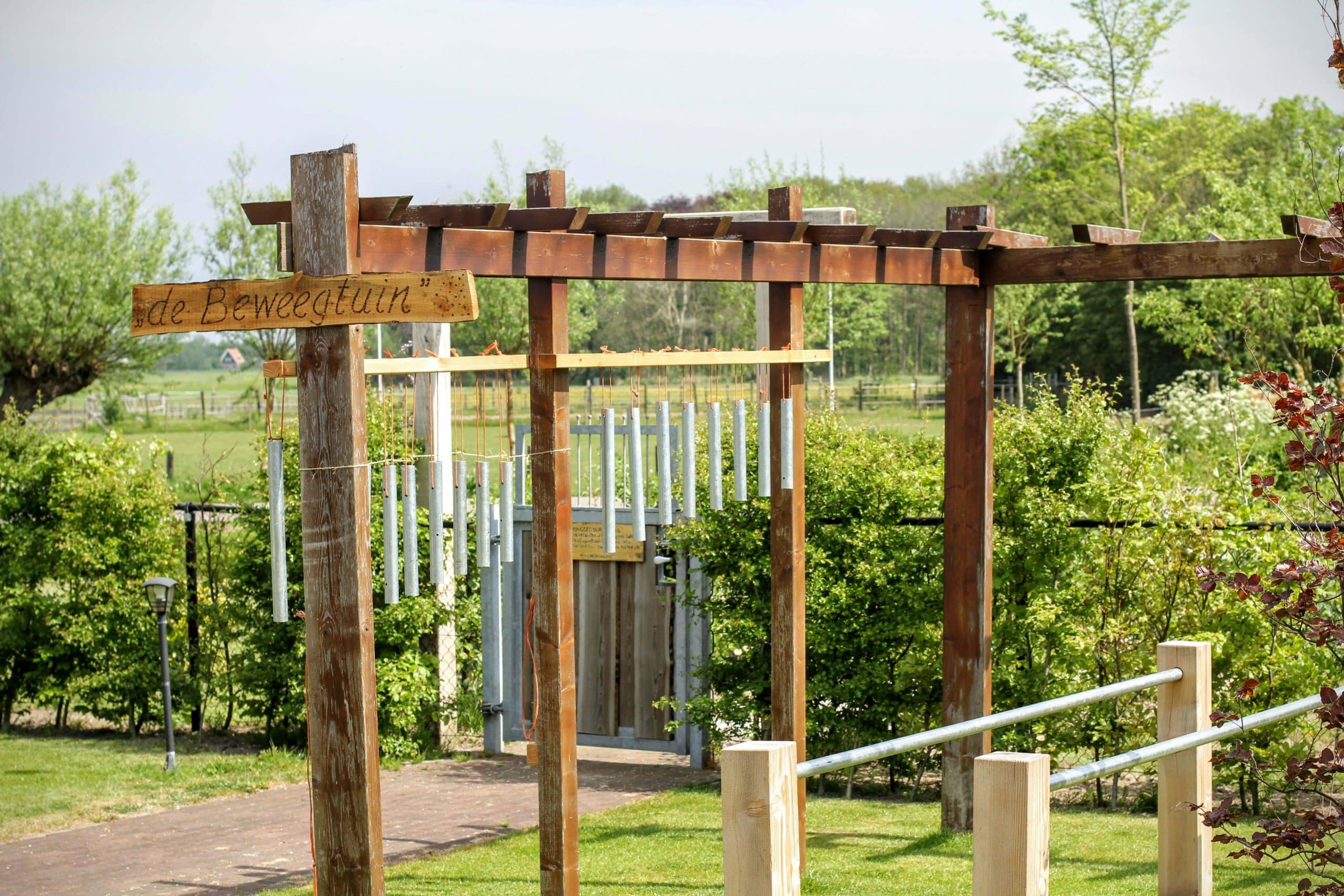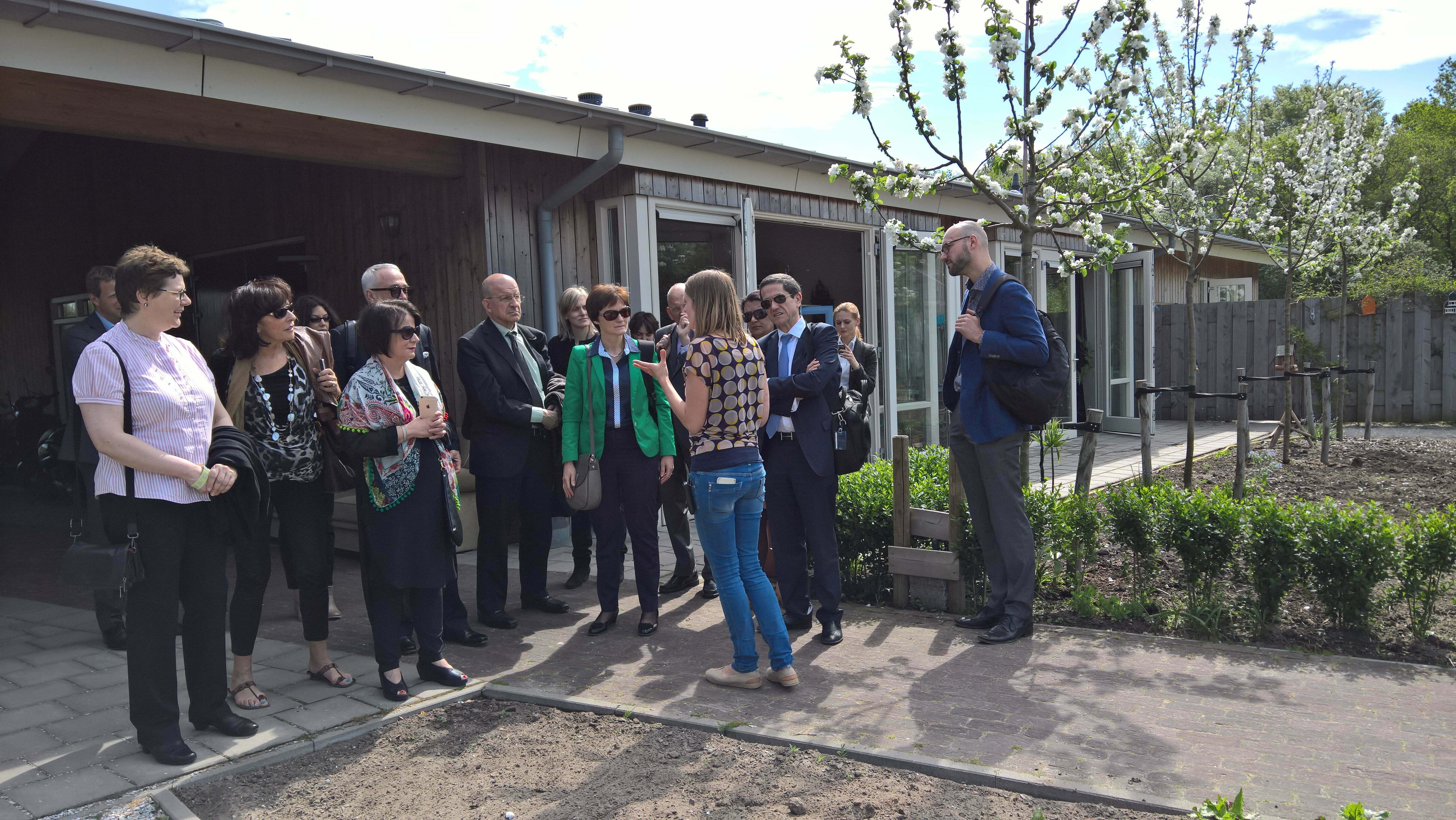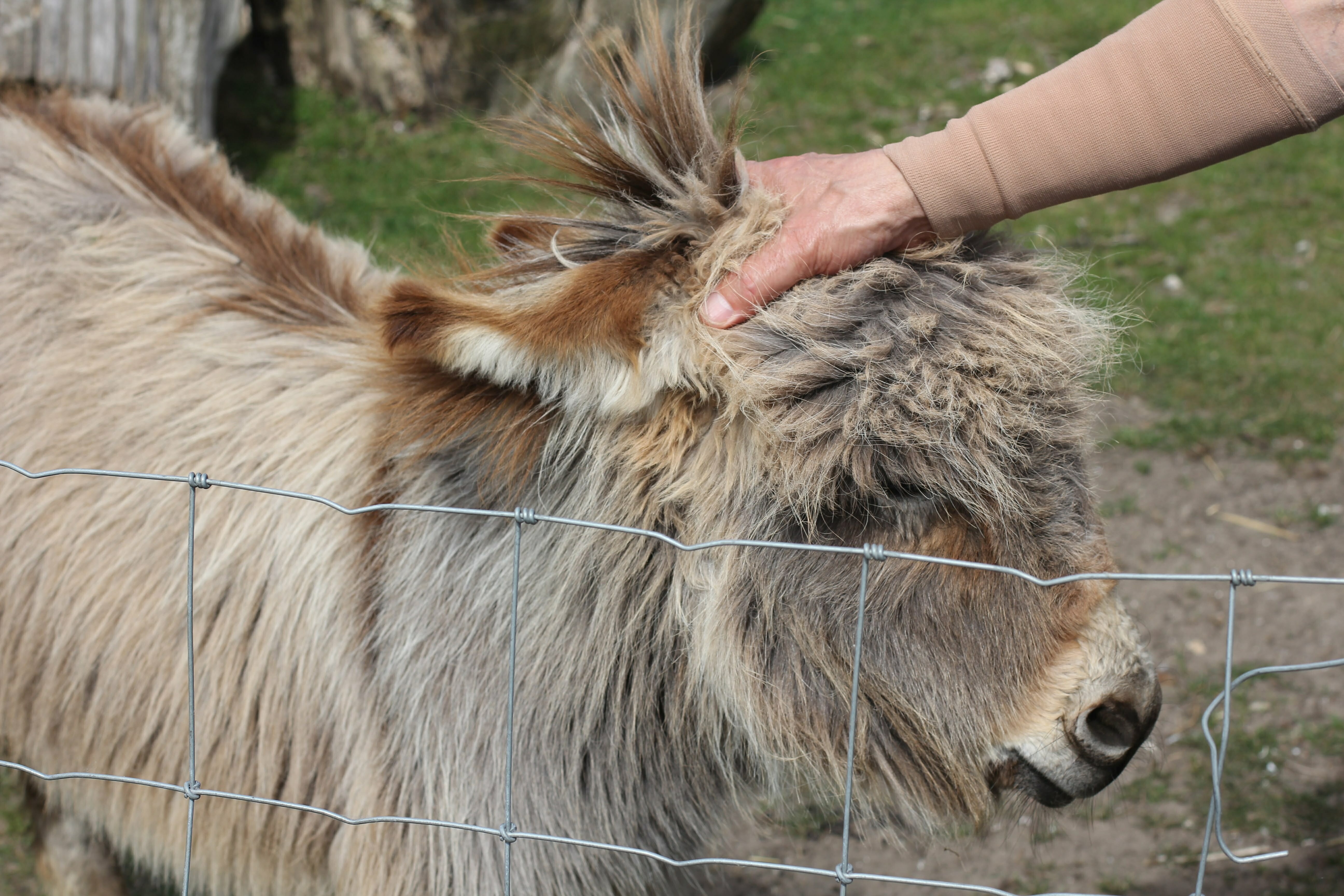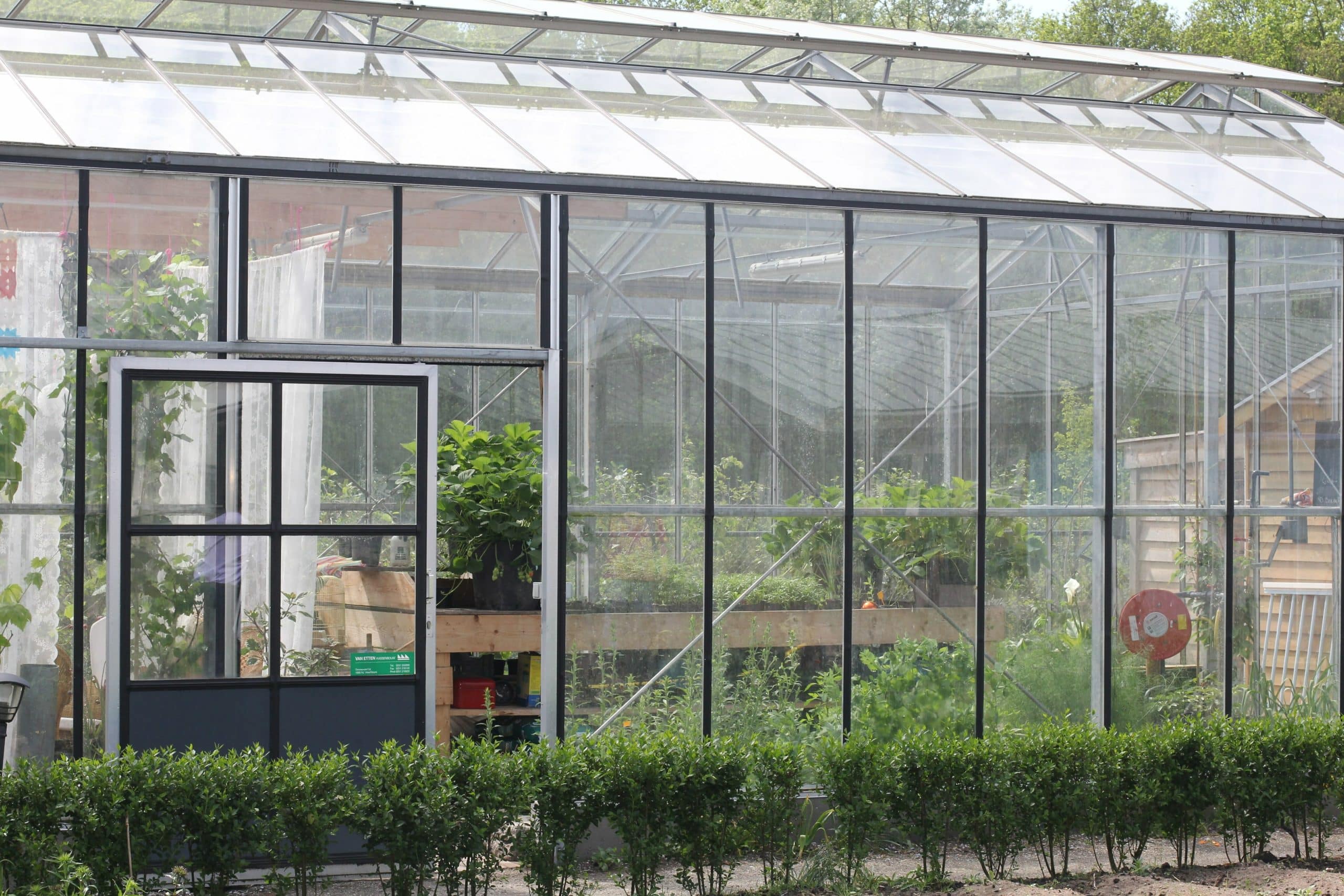Ten international JPND working groups recommended for funding
The EU Joint Programme – Neurodegenerative Disease Research (JPND) has released the results of a “rapid-action” call to support working groups of leading scientists to bring forward novel approaches that will enhance the use of brain imaging for neurodegenerative disease research.
Ten working groups have been recommended for funding to address the methodological challenges facing different imaging modalities, among them MRI, PET, ultrasound, MEG and EEG, as well as multimodal approaches. The working groups cover a range of neurodegenerative diseases, including Alzheimer’s disease, Parkinson’s disease, Frontotemporal dementia and Huntington’s disease.
“Brain imaging has made enormous progress in recent years and is currently one of the most promising avenues in neurodegenerative disease research,” said Professor Thomas Gasser, Chair of the JPND Scientific Advisory Board. “If we can solve the challenges in the field, brain imaging could rapidly lead to faster and better diagnoses as well as a deeper understanding of the fundamental aspects and mechanisms of neurodegeneration.”
Although imaging techniques have brought about a dramatic improvement in the understanding of neurodegenerative diseases, there remain a number of significant challenges in the field. These include the execution of multi-centre clinical trials of an unprecedented scale, data transfer across imaging centres and the use of imaging for diagnostics and for measuring clinical outcomes.
To address these questions, on January 8, 2016, JPND launched a call for community-led working groups on harmonisation and alignment in brain imaging methods. The proposals recommended for funding are for top scientists to come together and propose, through ‘best practice’ guidelines and/or methodological frameworks, how to overcome key barriers to the use of imaging in neurodegenerative disease research.
The call attracted proposals with partners from across Europe and beyond, including Asia, Australia, North America and South America. A notable number of groups based in the United States were involved in responses to the call. Funding decisions were based upon scientific evaluation and recommendations to sponsor countries by a JPND peer review panel.
“This call perfectly embodies JPND’s mission and objectives,” said Professor Philippe Amouyel, Chair of the JPND Management Board. “The purpose of JPND is to strengthen coordination and collaboration in neurodegenerative disease research across different countries. We want to ensure that research efforts are not duplicated, to build consensus and to accelerate a path toward a cure that works. This call convenes groups of leading experts to hammer out the hard questions, including the challenges of interoperability and shared and open data, to allow researchers to more rapidly and more fully exploit imaging techniques going forward.”
Each working group is expected to run for a maximum of 9 months. The outputs of the working groups are to be produced by the end of the funding period, and will be published on the JPND website and used for further JPND actions. In addition, a common workshop will be organised to bring together and present the recommendations of each working group, encouraging the further exchange of ideas and wider dissemination to different stakeholder groups.
For more information on the working groups recommended for funding, click here.

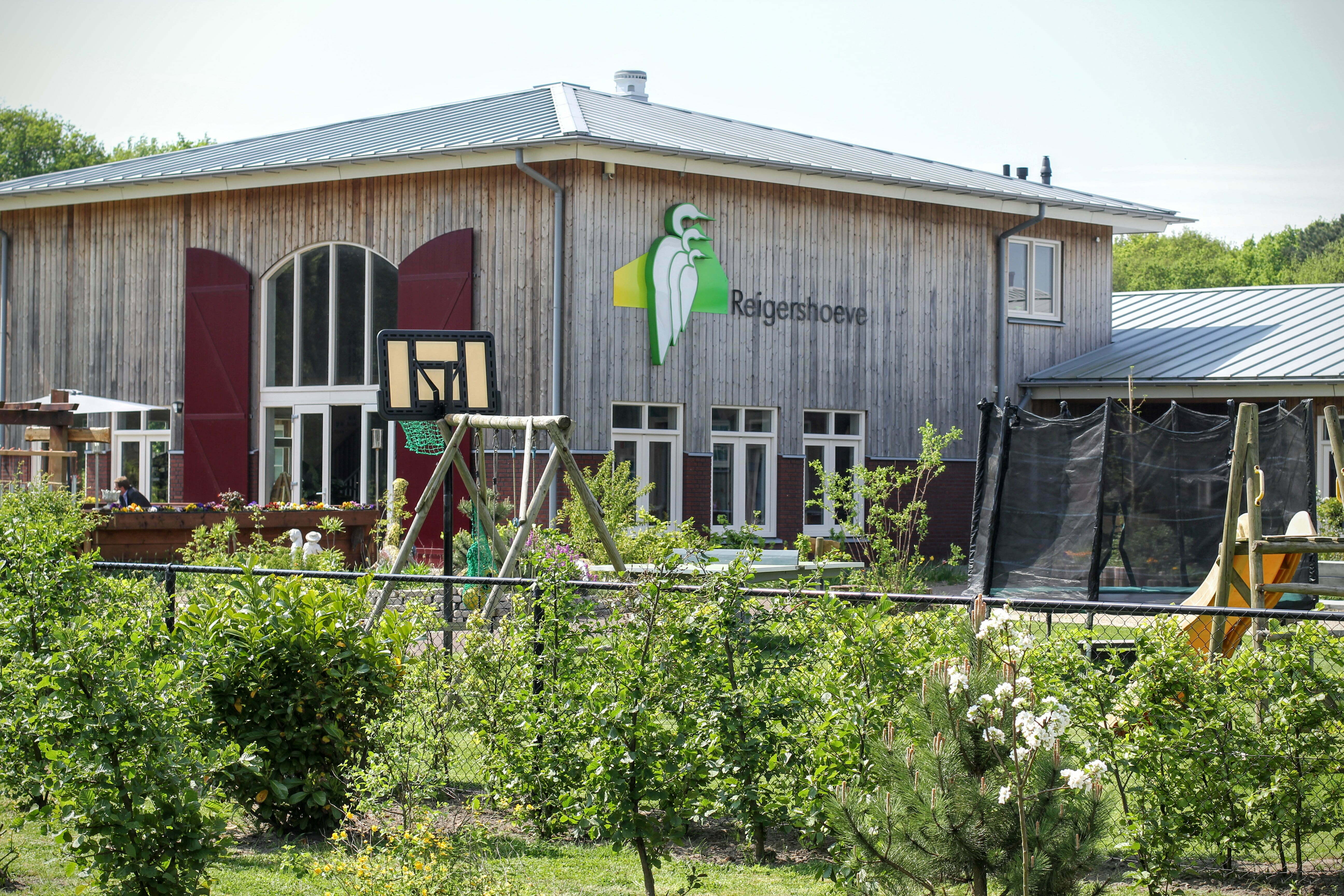 At a recent meeting in Amsterdam, members of the JPND Management Board, which is the decision-making body of JPND, were invited to tour
At a recent meeting in Amsterdam, members of the JPND Management Board, which is the decision-making body of JPND, were invited to tour 